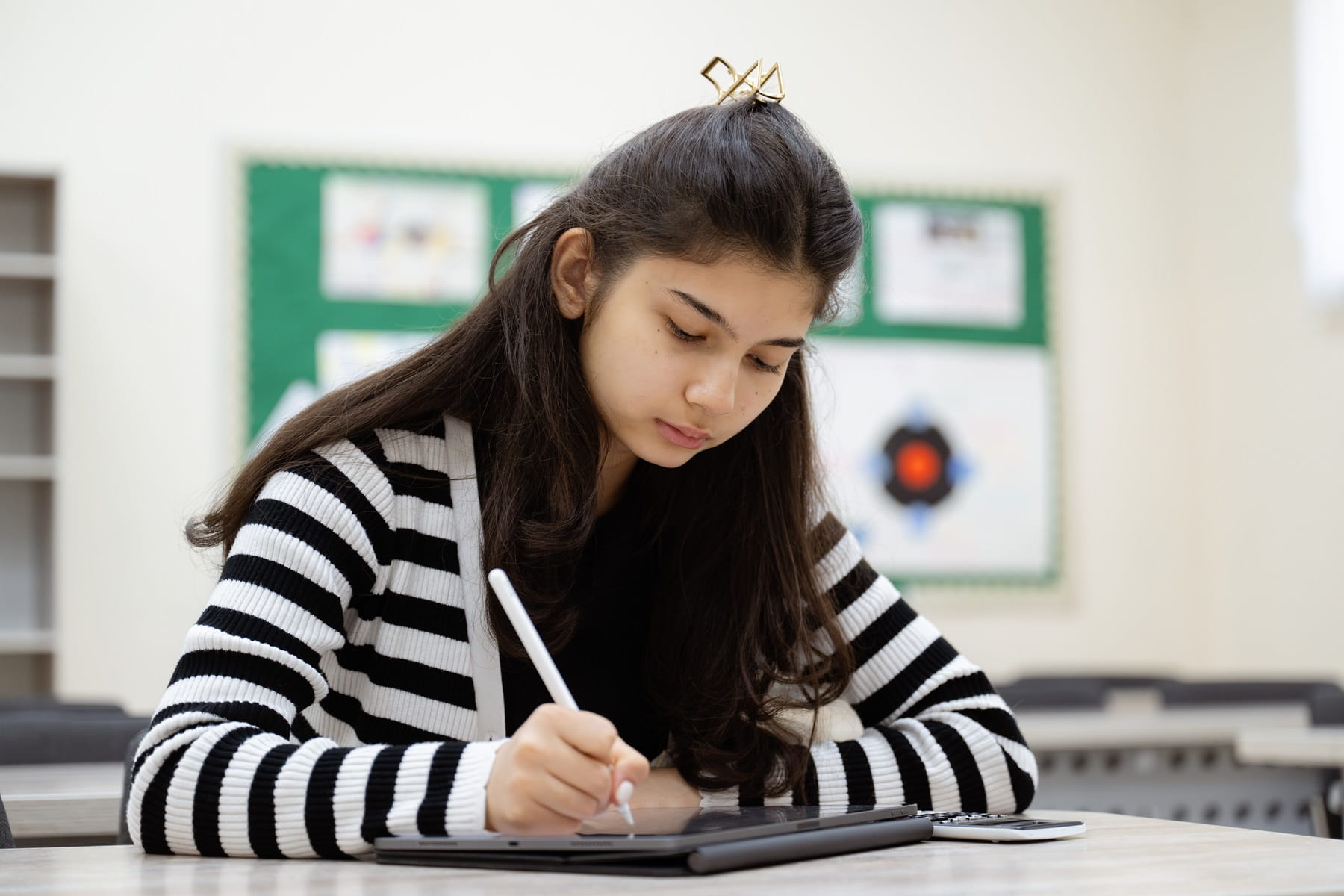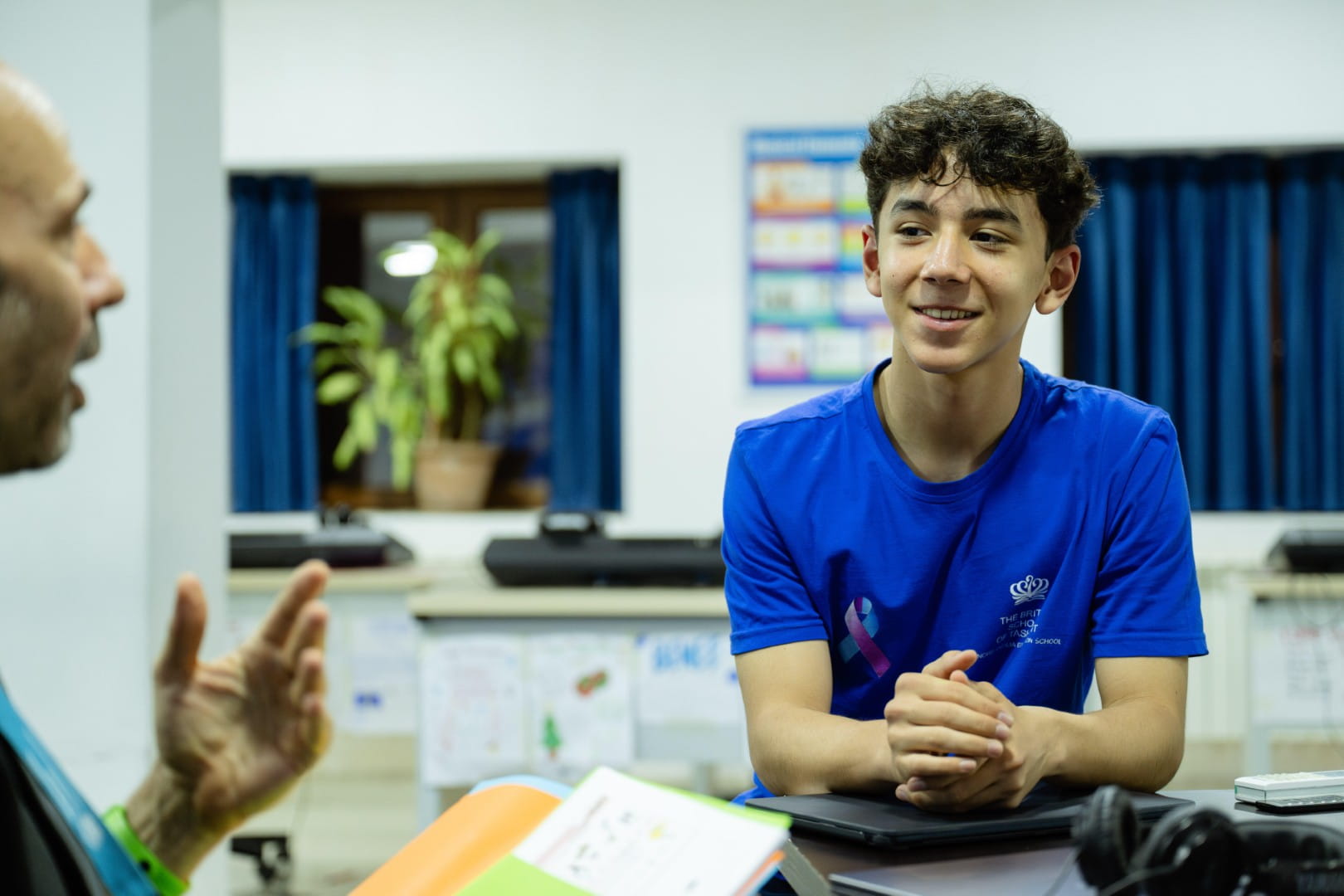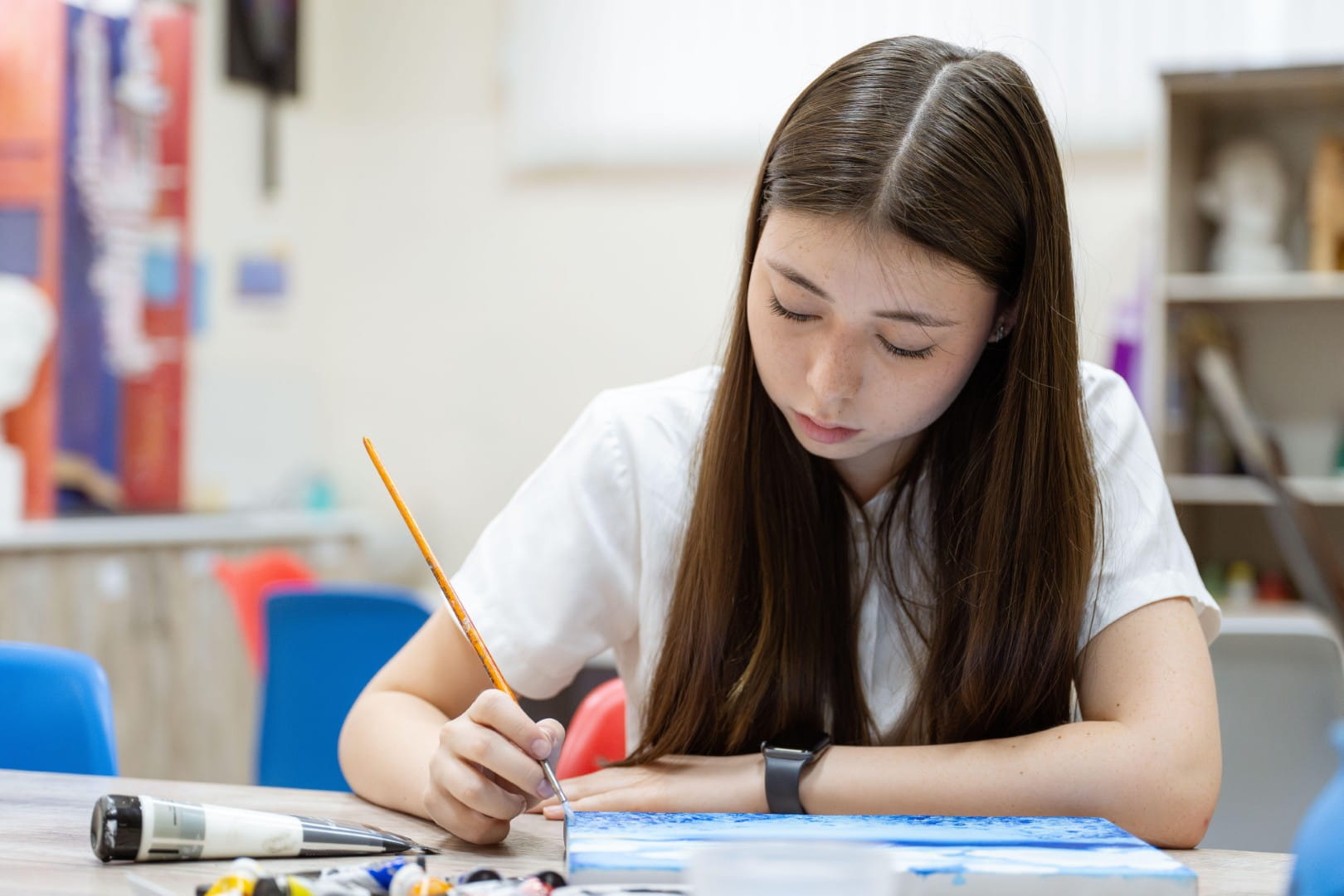We use cookies to improve your online experiences. To learn more and choose your cookies options, please refer to our cookie policy.

Homework has long been a key component of education, helping students develop skills beyond the classroom. However, it’s often met with mixed feelings from students, parents, and even educators. Some view it as an unnecessary burden, while others see it as essential for reinforcing learning. By understanding the true value of homework, tackling common misconceptions, and learning how to support children effectively, parents and educators can help make homework a positive and meaningful experience.
At The British School of Tashkent, homework serves several crucial functions in a child’s academic journey. First and foremost, it reinforces classroom learning. Lessons taught in school are better retained when students review and apply the concepts on their own. This repeated exposure strengthens memory and understanding.
Additionally, homework fosters independent learning and self-discipline. Completing assignments outside of the structured school environment teaches children responsibility, time management, and problem-solving skills. These qualities are invaluable not just in academics, but in future professional and personal life.
Homework also bridges the gap between school and home, allowing parents to be actively involved in their child's education. By seeing what their children are learning, parents can support their academic growth and identify areas where additional help may be needed.

There are several myths and misconceptions surrounding homework that can lead to frustration and misunderstanding. Let’s address some of the most common ones:
While some assignments may seem repetitive, effective homework is designed to deepen understanding and provide practice. Educators strive to create meaningful tasks that build on classroom lessons rather than simply occupy time.
The quality of homework is far more important than the quantity. Research suggests that excessive homework can lead to burnout and stress. A balanced approach, where homework is appropriately challenging but not overwhelming, is key.
While parental support is valuable, children should be encouraged to complete their assignments independently. Instead of providing direct answers, parents can guide children toward finding solutions themselves, fostering critical thinking and problem-solving skills.

Parents play a crucial role in shaping their child’s attitude toward homework. Here are some ways they can offer support:
Let your child take the lead on their homework while offering guidance when needed. Encouraging self-reliance helps build confidence and problem-solving skills.
If your child struggles with an assignment, resist the urge to complete it for them. Instead, ask guiding questions to help them think critically and arrive at the answer themselves.
Maintain an open line of communication with educators to understand homework expectations and address any challenges your child faces.
At BST we use Microsoft Teams to set the homework. As well being able to share resources and content on this platform, you can also communicate directly with teachers should there be any questions about the content or outcomes of homework set.

Recognising when a child is having difficulty with homework is crucial to providing timely support. Some common signs include:
If you notice these signs, take a proactive approach. Talk to your child to understand their struggles, collaborate with their teacher to identify challenges, and consider additional resources such as tutoring or alternative learning strategies.
Lack of motivation
Solution: Set small, achievable goals and celebrate progress. Introduce rewards like a break after completing a task or positive reinforcement to encourage effort.
Difficulty concentrating
Solution: Break homework into smaller, manageable sections with short breaks in between. Reduce distractions and create a structured routine.
Not understanding the material
Solution: Encourage children to seek help from teachers, classmates, or educational resources like videos and online tutorials.
Balancing homework and other responsibilities
Solution: Help children develop a schedule that accommodates homework, extracurricular activities, and downtime.
Dealing with resistance from children
Solution: Make homework a positive experience by using encouragement instead of pressure. Show interest in their learning and discuss how schoolwork connects to real-life applications.
Worrying about too much or too little homework
Solution: If you believe your child has an excessive or insufficient workload, discuss concerns with their teacher to find a balanced approach.

Homework, when approached correctly, is a valuable tool that enhances learning and develops important life skills. By shifting perspectives and addressing challenges proactively, both parents and children can navigate homework with confidence and optimism.
The key is balance - ensuring homework supports learning without causing unnecessary stress. Parents, educators, and students can work together to create a positive homework culture that nurtures curiosity, resilience, and a love for learning. With the right strategies and a supportive mindset, homework can become an opportunity for growth rather than a source of frustration.